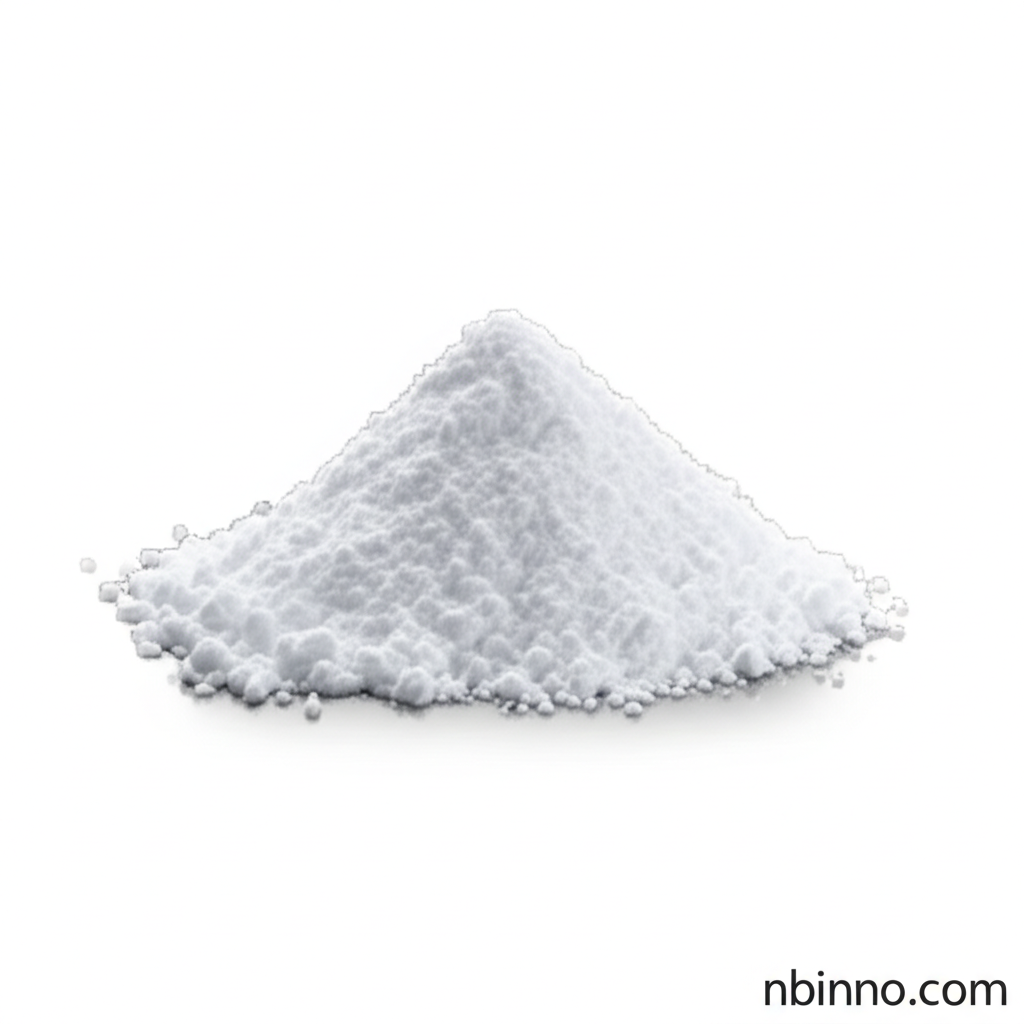Microcrystalline Cellulose (MCC): Properties, Applications, and Benefits in Pharmaceutical Formulations
Discover the indispensable role of Microcrystalline Cellulose (MCC) as a key pharmaceutical excipient, driving innovation in tablet and capsule development.
Get a Quote & SampleProduct Core Value

Microcrystalline Cellulose
Microcrystalline Cellulose (MCC) is a highly purified, partially depolymerized cellulose derived from plant sources. It is a versatile excipient renowned for its excellent binding, disintegrant, filler, and diluent properties, making it fundamental in the formulation of tablets and capsules. Its inert nature and compressibility enhance drug stability and bioavailability, offering significant advantages in pharmaceutical manufacturing.
- Explore the microcrystalline cellulose binder capabilities that ensure tablet cohesion and stability, forming a robust matrix for active ingredients.
- Understand how microcrystalline cellulose disintegrant properties aid in the efficient breakdown of tablets, facilitating optimal drug release and bioavailability.
- Learn about MCC's role as a key pharmaceutical excipient, crucial for enhancing the quality and performance of various drug dosage forms.
- Discover the advantages of using direct compression MCC for streamlined manufacturing processes and improved tablet properties.
Advantages of Using Microcrystalline Cellulose
Exceptional Binding Properties
As a strong binder, MCC ensures tablet integrity and durability, a critical aspect of stable formulations. Its ability to act as a microcrystalline cellulose binder is central to its widespread use.
Enhanced Drug Release
Its function as a disintegrant promotes rapid tablet breakdown, directly impacting drug dissolution and bioavailability. This makes it a vital microcrystalline cellulose disintegrant.
Cost-Effectiveness and Versatility
MCC’s multifunctional nature as a filler, diluent, binder, and disintegrant simplifies formulations and reduces costs, making it an ideal plant-derived cellulose excipient.
Key Applications of MCC
Tablet Manufacturing
MCC is a cornerstone in both wet and dry granulation, contributing to high tablet strength and uniformity. Its use in direct compression MCC formulations is particularly notable.
Capsule Filling
As a diluent and filler, MCC ensures accurate dosing and consistent fill weights in capsule formulations.
Drug Delivery Systems
It plays a role in sustained-release formulations and other advanced drug delivery systems, leveraging its controlled release characteristics.
Spheronization Aid
MCC is utilized as a spheronizing agent in the production of pellets and multiparticulates, a key step in advanced dosage form design.
